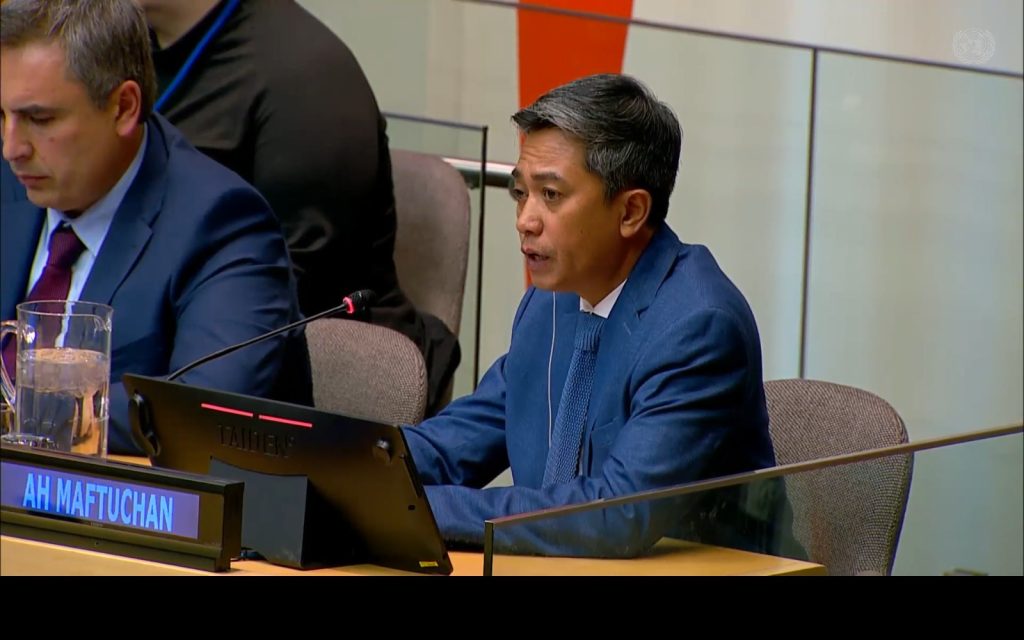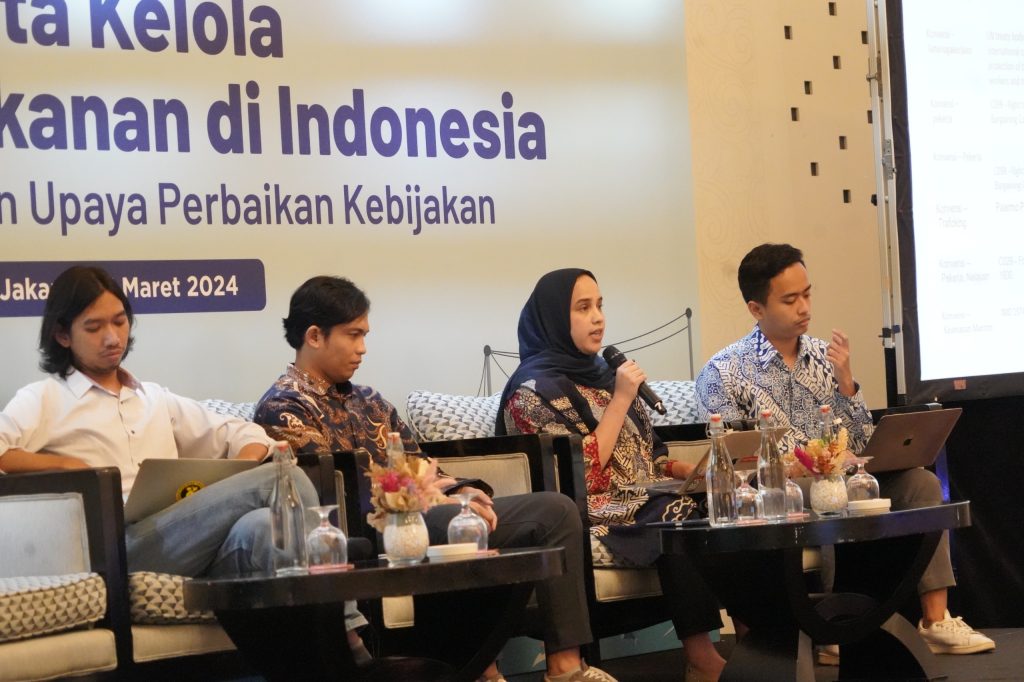Jakarta, 19 December 2019 – Maritime Affairs and Fisheries Minister Edhy Prabowo's plan to open a faucet for exporting lobster seeds is not an appropriate policy plan. Lobster seed exports will have an impact on the potential loss of state revenue which is greater than lobster exports. "The government must facilitate the cultivation of lobster seeds into lobsters in the country. Exports of mature lobsters will have the potential to increase state revenues, increase the welfare of fishermen and ensure a more sustainable management of fisheries resources," said Ah Maftuchan, executive director of the PRAKARSA, research institute for fiscal policy and social policy.
The practice of smuggling lobster seeds cannot be the reason for opening the lobster seed export faucet. To tackle smuggling, the government should improve oversight and better law enforcement. "Indonesia's leading commodity export activities have not been well organized so that they have not contributed to the optimization of state revenues. Trade misinvoicing practices, both in export and import activities, are often used by exporters and importers to avoid import duties, exploit fiscal-non-fiscal incentives and exploit legal loopholes. This practice causes the state to lose potential tax revenues and non-tax revenues,” added Maftuchan.
From the studies conducted by the PRAKARSA (2019) "Revealing Illicit Financial Flows of Indonesia's Leading Export Commodities: Amount and Potential Loss of State Revenue” shows that the practice of trade misinvoicing on six leading export commodities, namely coal, copper, palm oil, rubber, coffee and crustaceans has resulted in the loss of potential tax revenue of 11,1 billion USD (Rp 155 trillion) and the loss of potential revenue. the state from royalties (from under-reported practices) of 2,9 USD (Rp 40,6 trillion).
Estimation results of the PRAKARSA shows that illicit financial flows using the trade misinvoiving approach by calculating the difference in trade records between countries of origin and destination in the six leading export commodities mentioned above in the 1989-2017 range: illicit financial inflows (by over-invoicing) of the six leading export commodities reached 101,49 .1.420 billion USD (Rp 40,58 trillion). Meanwhile, the outflow of illicit finance (by way of under-invoicing) reached USD 567 billion (Rp 19,64 trillion). The largest illicit financial outflow came from the coal commodity amounting to 40,47 billion USD and the largest illicit financial inflow came from the palm oil commodity whose value reached XNUMX billion USD.
"The potential loss of state revenue is calculated from under-invoicing practices in export activities. This is done by recording a lower export volume than the actual volume. So companies pay lower income taxes and royalties than they should," said Widya Kartika, an economist at the PRAKARSA.
“Given the large amount of illicit financial flows both in and out which cause the country to lose potential taxes and royalties, it is important for the government to make improvements to better import-export governance. Opening the export faucet for lobster seeds is a counter-productive step towards improving export-import governance and is contrary to the agenda of increasing the value-added economy of our marine resources. The government also needs to examine in depth the fiscal and non-fiscal incentives for export and import activities for strategic commodities. The government also needs to audit the export and import values of all companies as a supervisory mechanism for exporter-importer companies to deal with illicit financial flows more comprehensively,” concluded Ah Maftuchan, who is also the Co-coordinator of Tax and Fiscal Justice Asia (TAFJA).



